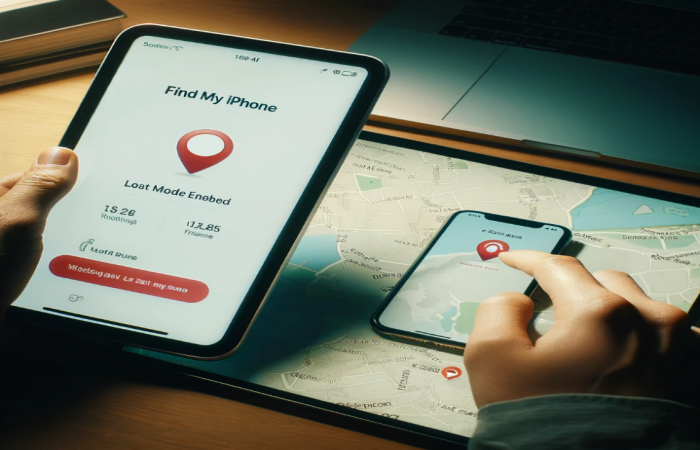
Is Your Phone Spying on You? The Real Story Behind Targeted Ads
Have you ever had a conversation with a friend about a product or service, only to see ads for it on your phone shortly after? It feels like your phone might be listening to you. But is that really the case? Let’s dive into the truth behind targeted ads, how they work, and how you can protect your privacy.
Is Your Phone Really Listening?
It’s a widespread fear: you talk about something, and soon after, an ad related to that very topic pops up on your phone. The idea that smartphones are secretly listening in on our conversations has led to a lot of speculation. But according to tech companies like Apple, Google, and Facebook, your phone isn’t listening in on your conversations without your consent.
In reality, the ads you see are the result of sophisticated algorithms that track your online behavior—what you search for, websites you visit, apps you use, and even your location. But these companies deny that they use your phone’s microphone to target ads based on what you’re talking about.

How Targeted Ads Work
The ads you see are usually based on data collected from various sources, including:
Your Search History
Every time you search for something on Google or another search engine, data is collected and used to target ads relevant to those searches.
Social Media Activity
Platforms like Facebook and Instagram track what you like, share, and comment on. This data helps advertisers show you products and services that align with your interests.
Browsing Habits
Websites track your browsing history using cookies. These tiny data files tell advertisers which websites you visit and what products you’re interested in.
Location Data
Your phone’s location services provide advertisers with valuable information about where you’ve been. If you’ve visited a specific store or place, ads related to those locations may start popping up.
App Data
Some apps share your usage data with advertisers, giving them insights into your preferences based on the apps you download and use.
The Coincidence Factor
Sometimes, the ads you see after a conversation might just be a coincidence. You may have been exposed to a product or service through browsing or social media interactions, and your brain only makes the connection when it comes up in conversation. This phenomenon, known as the Baader-Meinhof effect or frequency illusion, happens when something you’ve recently noticed suddenly seems to appear everywhere.
How to Protect Your Privacy
Even if your phone isn’t eavesdropping, companies are collecting a vast amount of data to show you personalized ads. If that makes you uncomfortable, here are some steps you can take to limit data collection and protect your privacy:
Turn Off Microphone Access
Many apps request access to your phone’s microphone, even if it’s not necessary for the app’s core functions. Go through your app settings and disable microphone access for apps that don’t need it.
On iOS: Settings > Privacy > Microphone
On Android: Settings > Apps > Permissions > Microphone
Disable Ad Personalization
You can limit ad personalization by turning off ad tracking features on your phone. This won’t stop ads entirely, but they will be less targeted.
On iOS: Settings > Privacy > Apple Advertising > Turn off Personalized Ads
On Android: Settings > Google > Ads > Opt-out of Ads Personalization
Use Private Browsing
Browsing in "Incognito Mode" or "Private Mode" prevents websites from storing cookies and other data that can be used for ad targeting.
Adjust Social Media Settings
Social media platforms like Facebook and Instagram allow you to control how much data is shared with advertisers. Go into your privacy settings and limit what can be used for ad targeting.
Use VPNs and Ad Blockers
Virtual Private Networks (VPNs) can help protect your location and browsing data by masking your IP address. Ad blockers can also prevent websites from tracking your browsing habits.
Limit Location Access
Some apps track your location in the background even when you're not using them. Disable location access for apps that don’t need it, or set it to "only while using the app."

Conclusion
While it may feel like your phone is listening in on your private conversations, it’s more likely that targeted ads are a result of data tracking from your online behavior. However, there are ways to take control of your privacy and limit the amount of data companies collect about you. By being mindful of your settings and taking some proactive steps, you can reduce the number of personalized ads and protect your personal information.
Joel is a passionate tech enthusiast with a flair for writing captivating tech stories. With a deep interest in emerging technologies, he shares insights and narratives that inspire and engage readers in the world of innovation.

















